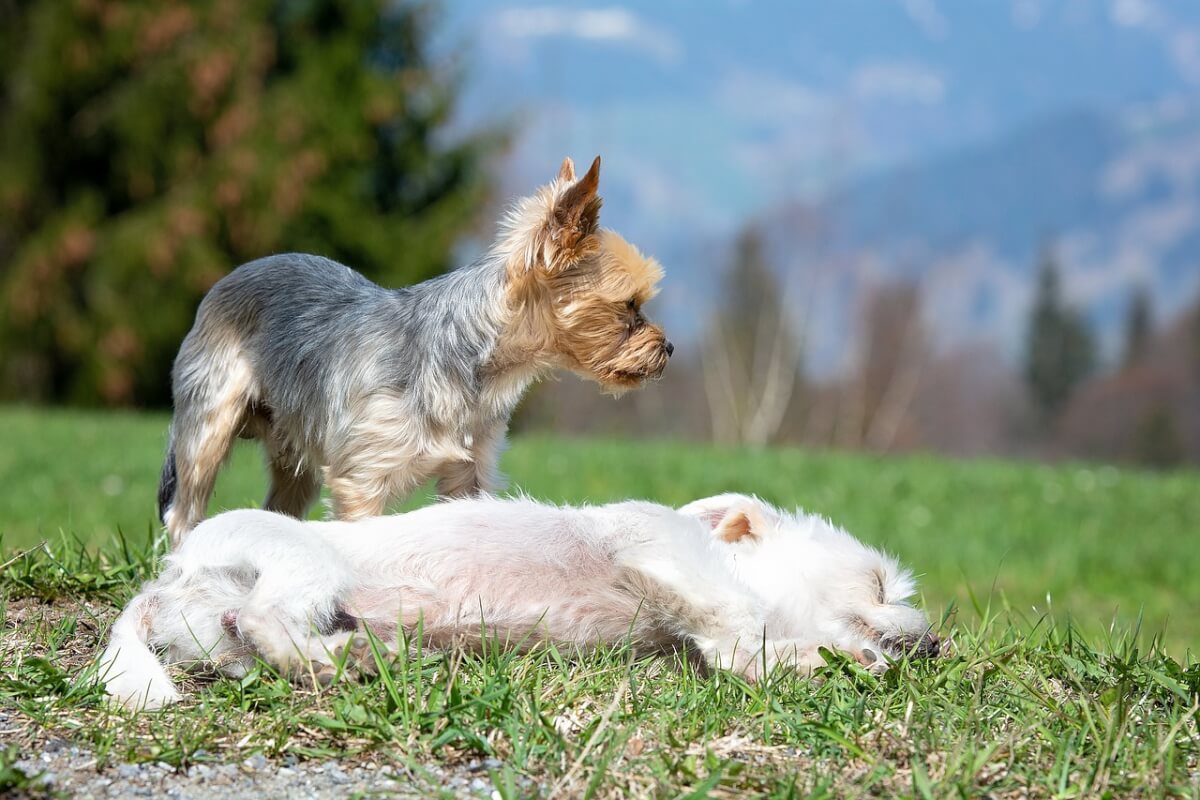Introducing a puppy to your home can cause a lot of upheaval. You might need to move furniture and make your home dog friendly, or just change your lifestyle to make sure you are available to exercise or feed your new pet, when she needs it.
A puppy is very much like a baby.
They are cute and cuddly. They tug at your heart and you just have to give in to them. But, doing so will likely spoil that puppy into an annoying pet rather than a trusted friend. While the world of puppy can be a rewarding one, it can also be quite nerve wracking as well.
Just like children, puppies need you to watch over them virtually all the time. They like to explore and they are likely to get into things that they shouldn’t. This can prove to be something that injures them or even poisons them, though. Puppies use their mouths to explore the world around them. If it has an interesting taste or texture, the dog is likely to keep at it. Now, if this is such a thing as an electrical cord, it can prove to be fatal to them.
So, what do you do if you can’t be there all the time to watch your puppy? You can use baby gates as well as barriers of other types to lock off dangerous areas to your pet. Put your pet in a welcoming area where you spend time in. Provide them with toys, water and a soft place to lie and they are set to go.
Training for a pet begins from the time you allow them to enter your home.
Experts agree that the first thing a puppy needs to learn is that you are the leader of the pack. You need the dog to understand that you are the boss. They instinctively look for a leader because dogs are pack animals. If you don’t take on this role, the animal will think that he is the leader instead. You don’t have to be aggressive at it though. Subtle things tell your puppy that you are in the leadership role. If you are harsh with the puppy, you will make them afraid of you and they will not be able to bond with you at that point.
At a young age, you can teach your puppy to sit. To do this, simply put your hand on his chest and the other on his rump. Say the command ‘sit’ and push down on their rump and up on the chest. When she does it, praise her verbally and give her a treat. Keep practicing this with her. Whenever you give the dog its food, make her sit before you give it to her. This is a “nothing in life is free” technique. The dog learns that you are in charge and that to get his food he must obey you.
Lastly, it is important to note that the best techniques for raising your animal are those that surround compassion, patience and love.






